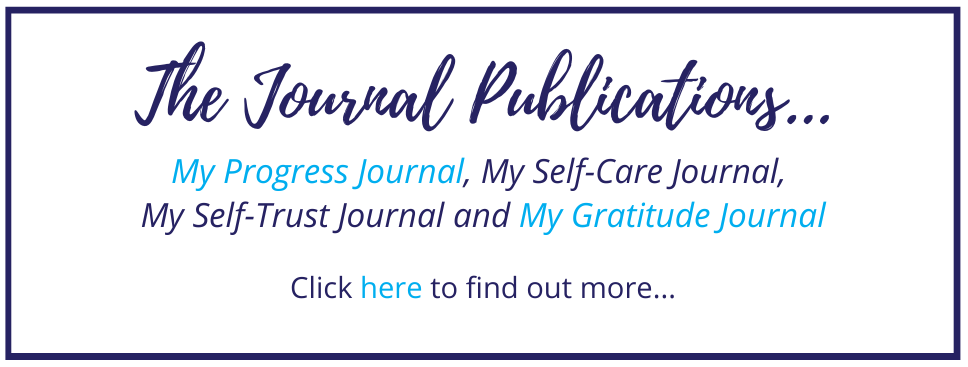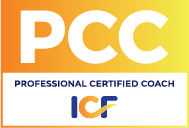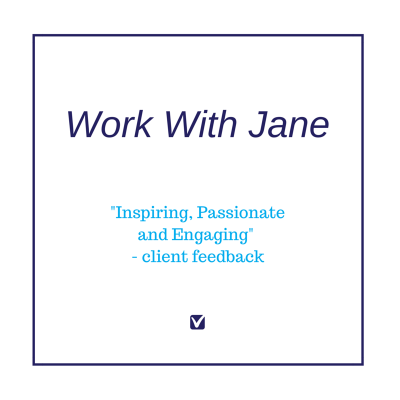I love how life gives you need to keep growing and shows you how you can support other people. This week I was collecting information for an organisation. It was a really interesting process for me and one of the things that kept on coming up over and over again is this issue of perceived perfectionism.
As you know, I have struggled with my own journey of perfectionism (you can read more here, here, here and here) and approval addiction or who people think I “should” be (more here), so am more than familiar with shame and that deep belief something is wrong with me. In this post, I am going to share –
- The Gift of Mindful Self-Compassion
- What is Shame?
- 5 Quotes on Shame
- What is Guilt?
- What is the Difference Between Shame and Guilt?
- Why Guilt is Better than Shame
- Shame Resilience
Let’s get started…
The Gift of Mindful Self-Compassion
Before we start exploring shame, we need to make sure you have mindful self-compassion. Therefore I am going to share a few definitions of self-compassion with you.
In his book The Mindful Path to Self-Compassion: Freeing Yourself from Destructive Thoughts and Emotions Christopher Germer refers to self-compassion as “… simply giving the same kindness to ourselves that we would give to others.”
Dr Kristin Neff in her book Self-Compassion: The Proven Power of Being Kind to Yourself, refers to self compassion as having three components –
- Self-kindness – be gentle and understanding with ourselves rather than harshly critical and judgmental.
- Common humanity – feeling connected with others in the experience of life rather than feeling isolated and alienated by our suffering (i.e. experiencing our imperfections).
- Mindfulness – that we hold our experience in balanced awareness, rather than ignoring our pain and exaggerating it.
Also, in the The Force of Kindness, Sharon Salzberg wrote – “this kind of compulsive concern with “I, me and mine” isn’t the same as loving ourselves… Loving ourselves points us to capacities of resilience, compassion and understanding within that are simply part of being alive.”
What is Shame?
Before we start, it is important to identify that shame is universal, no-one is exempt from it and we have all experienced it (even though it makes us think and feel we are the only ones). Shame is about fear and is an emotion that many people struggle to understand it or put words to it. Some of the definitions of shame include –
- “a painful feeling of humiliation or distress caused by the consciousness of wrong or foolish behaviour.” ~ Google
- “the painful feeling arising from the consciousness of something dishonorable, improper, ridiculous, etc., done by oneself or another.” ~ Dictionary.com
- “A painful feeling of humiliation or distress caused by the consciousness of wrong or foolish behaviour.” ~ Oxford Dictionary
- “Shame is the intensely painful feeling or experience of believing we are flawed and therefore unworthy of acceptance and belonging. Women often experience shame when they are entangled in a web of layered, conflicting and competing social-community expectations. Shame creates feelings of fear, blame and disconnect.” ~ Brené Brown, I Thought It Was Just Me (but it isn’t): Making the Journey from “What Will People Think?” to “I Am Enough” (p.29).
Would you add anything in to the above definitions?
5 Quotes on Shame
The following quotes on shame, also give us some insight in to shame.
- “Shame is a soul eating emotion.” ~ C.G. Jung
- “Shame corrodes the very part of us that believes we are capable of change.” ~ Brené Brown
- “You will never find the real truth among people that are insecure or have egos to protect. Truth over time becomes either guarded or twisted as their perspective changes; it changes with the seasons of their shame, love, hope or pride.” ~ Shannon L. Adler
- “Shame should be reserved for the things we choose to do, not the circumstances that life puts on us.” ~ Ann Patchett
- “Shame derives its power from being unspeakable.” ~ Brené Brown
Let’s move on to the definition of guilt and don’t forget to bring your self-compassion!
What is Guilt?
There are a number of definitions of guilt out there including –
- “the fact of having committed a specified or implied offence or crime.” ~ Google
- “the fact or state of having committed an offence, crime, violation, or wrong, especially against moral or penal law.” ~ Dictionary.com
- “a bad feeling caused by knowing or thinking that you have done something bad or wrong.” ~ Merriam-Webster
- “a feeling of having committed wrong or failed in obligation.” ~ Oxford Dictionaries
What is the Difference Between Shame and Guilt?
In her book, I Thought It Was Just Me (but it isn’t): Making the Journey from “What Will People Think?” to “I Am Enough”, Brené Brown looks at it this way –
Guilt is an emotion that comes from self-evaluation. Guilt comes from the thought “I have done something bad”, “I have done something wrong” or “I made a mistake” – which focuses on the behaviour.
Shame is also an emotion that comes from self-evaluation. Shame comes from the thought “I am bad”, “I am wrong” or “I am a mistake” – which focuses on the person or self.
Another way of looking at the differences between shame and guilt is from Karla McLeod –
“You cannot feel guilty, because guilt is a concrete state – not an emotional one! Your feelings are irrelevant; if you did something wrong, you’re guilty, and it doesn’t matter if you’re happy, angry, fearful, or depressed about it. When you don’t do something wrong, you’re not guilty. Feelings don’t enter into the equation at all. The only way you could possibly ever feel guilty is if you don’t quite remember committing an offense (“I feel like I might be guilty, but I’m not sure.”). No, what you feel is shame.
Guilt is a factual state; shame is an emotion.”
No doubt there are more differences, so feel free to share them below.
Why Guilt is Better than Shame
In this clip, Brené Brown discusses with Oprah why guilt is better than shame.
Shame Resilience
In order to effectively deal with shame, Brené Brown talks about developing and practising shame resilience. Shame resilience involves moving towards empathy (courage, connection and compassion) when we are experiencing shame. According to Dr Brown, the four (4) elements of Shame Resilience are –
- Recognising shame and understanding our triggers (e.g. physical responses like our heart racing or tightness in our chest),
- Practising critical awareness (i.e. knowing why something exists, how it works, how our society is impacted or impacting on that something and who benefits from it),
- Reaching out (i.e. by reaching out to our support network and sharing our story, we can increase our resilience and create change), and
- Speaking shame is so important as it’s survival depends on going undetected (i.e. through secrecy and silence). Subsequently, if we recognise and understand our triggers, practice critical awareness and reach out to others, we can grow our resilience as we practice communicating about our shame with our most-trusted advisors who use their own compassion and courage whilst listening and supporting us.
I hope this article has helped shed some light on the difference between shame and guilt and how by developing and practising shame resilience and building our courage and compassion we can effectively deal with shame. If you have any questions or comments, please leave them below or contact us. Also – if you need further support around mental health, please click here for some suggestions of agencies.
If you are ready to reclaim your courage and take the next step towards freedom and opening your heart, why not join our Toolkit?
References:
Brown, B. (20o7). I Thought It Was Just Me (but it isn’t): Making the Journey from “What Will People Think?” to “I Am Enough”. New York, USA: Penguin.
Germer, C. (2009). The Mindful Path to Self-Compassion: Freeing Yourself from Destructive Thoughts and Emotions. New York: Guilford Press.
Neff, K. (2011). Self-Compassion: The Proven Power of Being Kind to Yourself. New York, USA: HarperCollins Publishers.

















Leave A Response